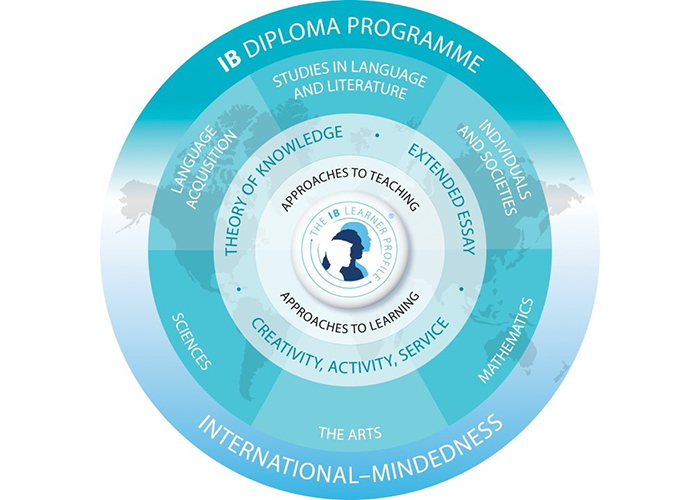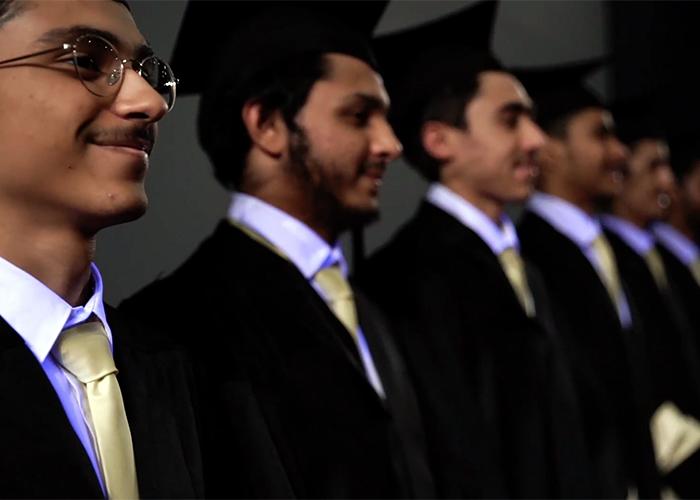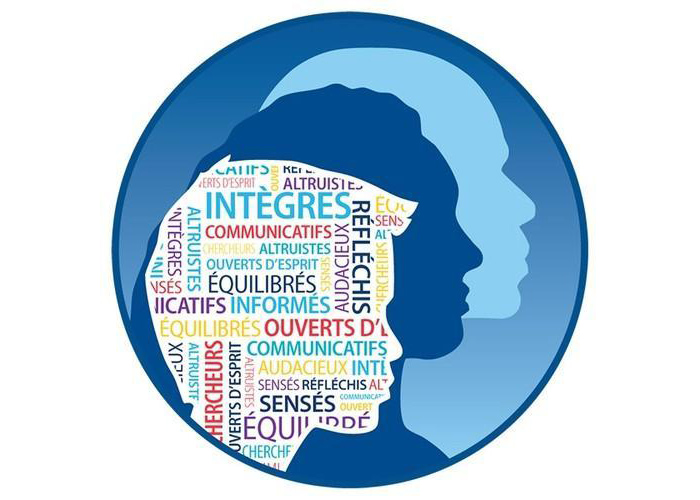- The assessment procedures emphasize understanding, retention and application of knowledge.
- The IB Diploma assessment is criterion-referenced not “norm” referenced. All tasks are therefore assessed according to subject specific criteria. Each student’s individual assessment of knowledge and skills are evaluated against a set of known criteria.
- All subjects are externally examined by an international grading team, hired by the IB; most subjects also have an internal assessment component where external moderation procedures are applied to insure that international standards are maintained.
Methods of Assessment:
IB bases the final subject score on both IB internal and external assessment.
Internal Assessment
- This includes the tasks which are assessed by the subject teachers against specific – subject criteria. Samples of students’ work are required to be sent for external moderation by IB examiners. Moderation may result in an adjustment to scores.
- Examples of Internal Assessments:
- Theory of Knowledge
- Language oral presentations, which are recorded as part of the IB assessment requirements
- Commentaries in Economics
- Practical work in Sciences
- Studio work and investigation workbooks in Visual Arts
External Assessment
This includes the non-examination component of assessment as well as the course end IB examinations.
The Non-Examination Component of External Assessment
- These are the assessment tasks that are carried out and overseen by the subject teachers but are then graded externally by IB examiners.
- Examples include: essays for TOK and EE, written components in Language A Language and Literature.
IB Examinations
Students sit for IB examinations at the school in the second year of the program over a period of three weeks.
Malpractice
- Malpractice constitutes any act, intentional or unintentional, which places a candidate or any other candidate on unfair footing in any one of the prescribed assessments. Malpractice includes plagiarism, cheating, collusion and duplication.
- Any malpractice should be addressed to the Diploma Coordinator immediately whose responsibility it is to notify the IB of the issue. It then becomes the responsibility of the coordinator, with the assistance of the teacher, to launch an investigation into the allegations. They will exercise due fairness and will provide the student with all means necessary to prove his/her innocence. The candidate will be expected to provide a written response to the allegations of malpractice against him/her. Should there be no proof whatsoever of any form of malpractice, no record of the matter will be kept.
- In the event that malpractice is proven, the matter will be referred to the Head of School, who, guided by this policy and that of the IB, and in consultation with the relevant parties, will determine the final outcome of the matter. The Head of School will then complete the following malpractice report. (Refer to the Academic Honesty Policy).
Special Assessment Needs
- This applies to candidates affected by a temporary, long-term or permanent disability including medical or learning conditions.
- Special assessment needs candidates will require special arrangements in assessment conditions to allow them to achieve their potential. The special assessment arrangements will be decided by the IB and sent to the DP Coordinator based on individual needs.
Examination Results:
IB diploma results are available on line on July 6.
Retake Examinations:
A candidate who has already taken examinations may, subject to the provisions of the IB, enter for one or more examinations in subsequent years, either to improve upon previous results or to attempt new subjects, provided that no candidate participates in more than three examination sessions. In such cases, the last grade obtained for any subject will be that which will contribute to the award of the diploma. JKS does not automatically offer the possibility of students retaking IB exams at the school.







